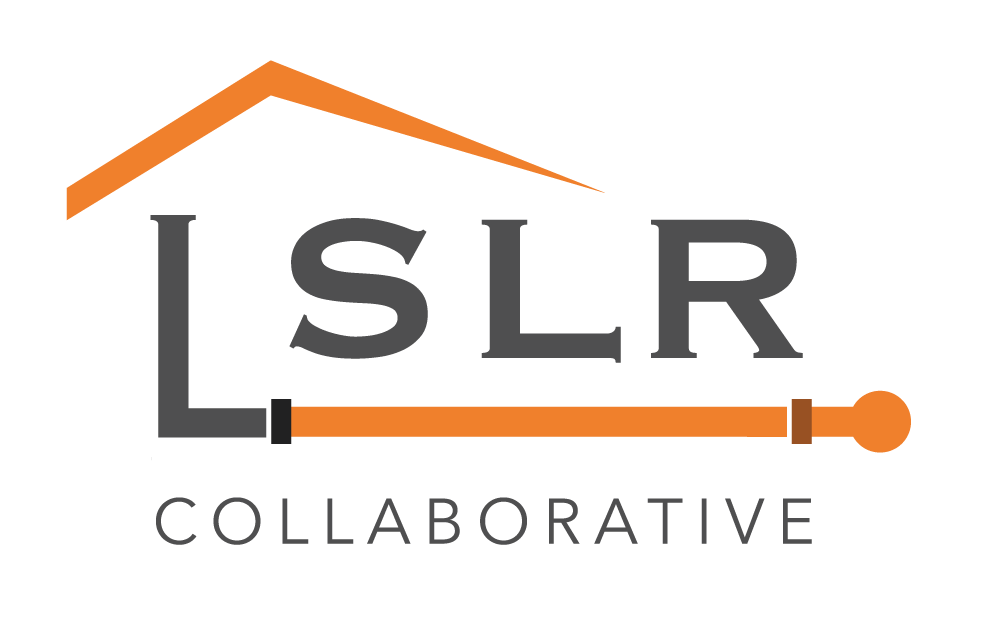|
Lead Service Line Replacement Collaborative
Watch the webinar here and download the slides. Description In January, the Environmental Protection Agency finalized the most significant overhaul of the Lead and Copper Rule (LCR) in two decades. While the rule is currently under review, core components – such as a lead service line (LSL) inventory, replacement plan, public communications, and engagement with the public health community – have consistently been part of any conversation about revisions to the LCR. The LSL Replacement Collaborative has developed an online toolkit to help communities across the United States develop and implement LSL replacement programs. The Collaborative will soon be releasing a new series of webpages that highlight opportunities to leverage the revised LCR to accelerate full LSL replacement. This webinar will provide a facilitated walkthrough of these opportunities and point to examples of communities already acting on them. Speakers
Comments are closed.
|
Date
April 2024
Webinar Host
All
|


 RSS Feed
RSS Feed